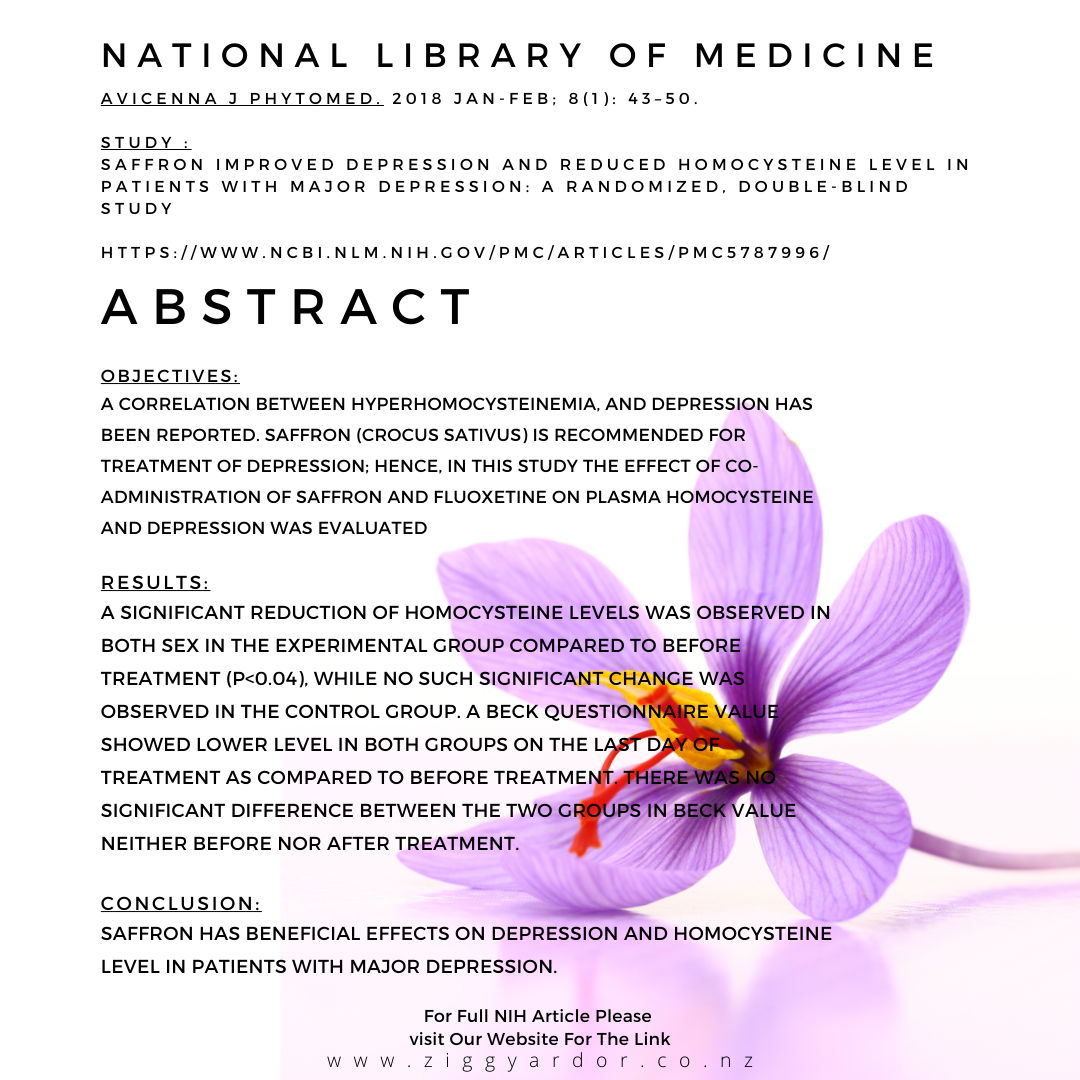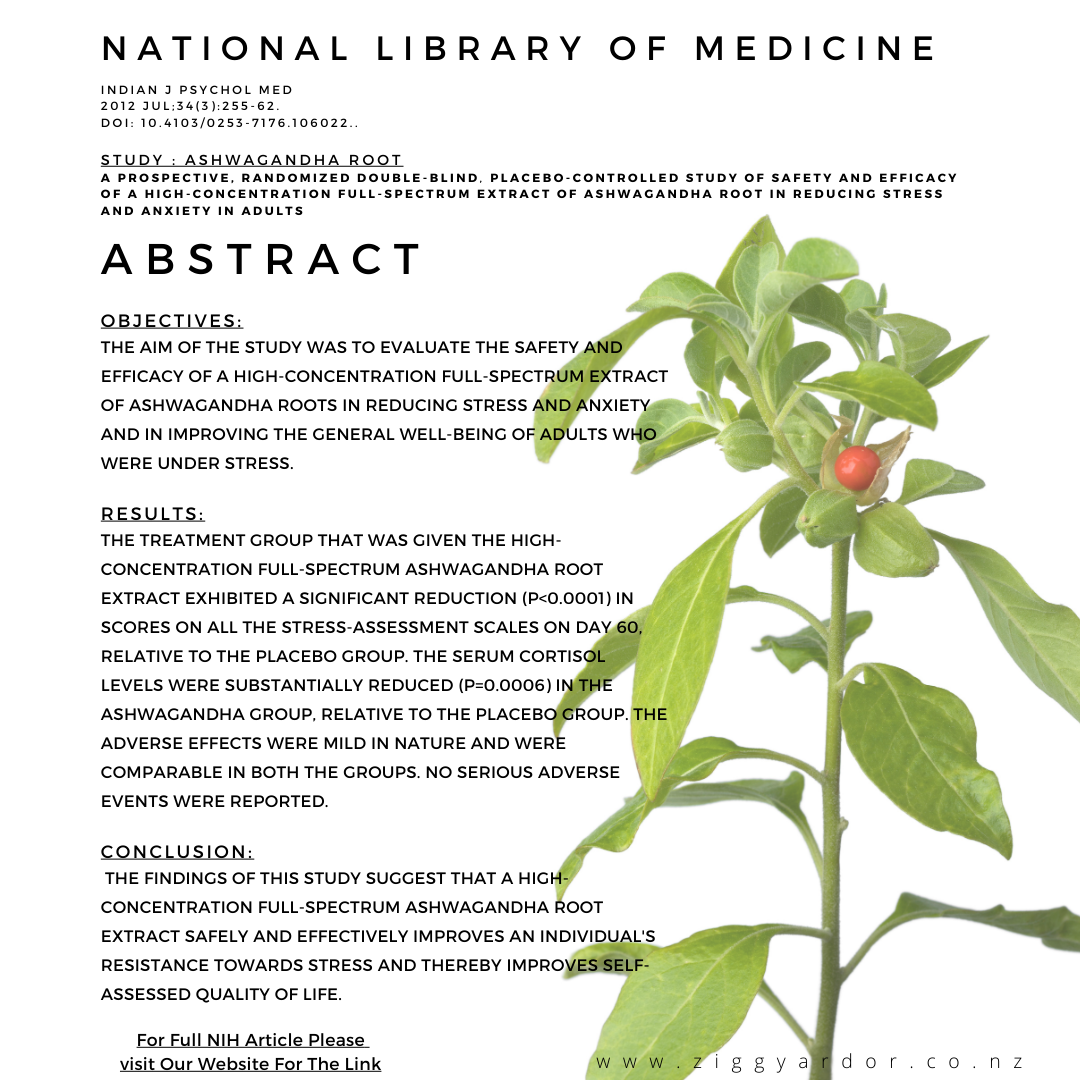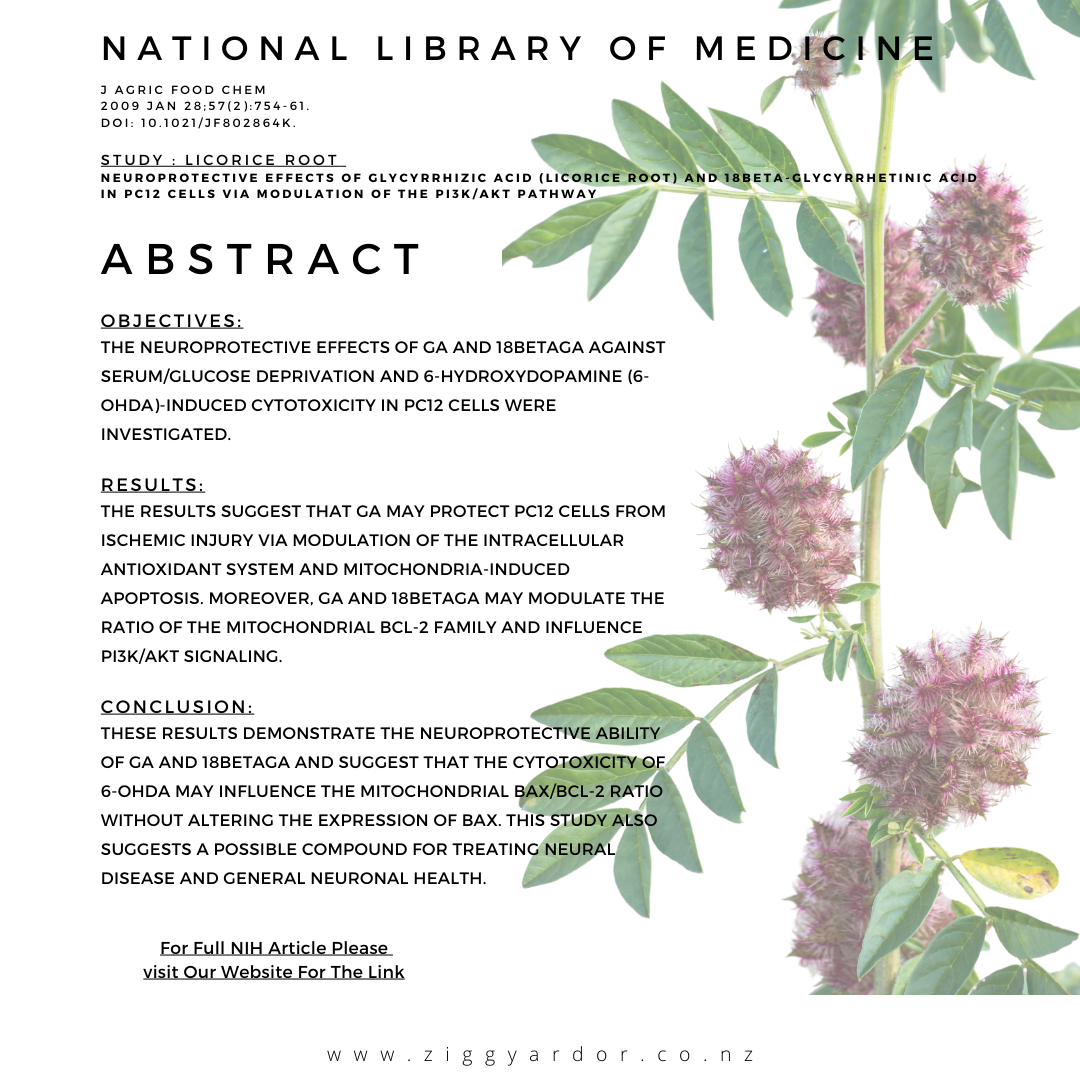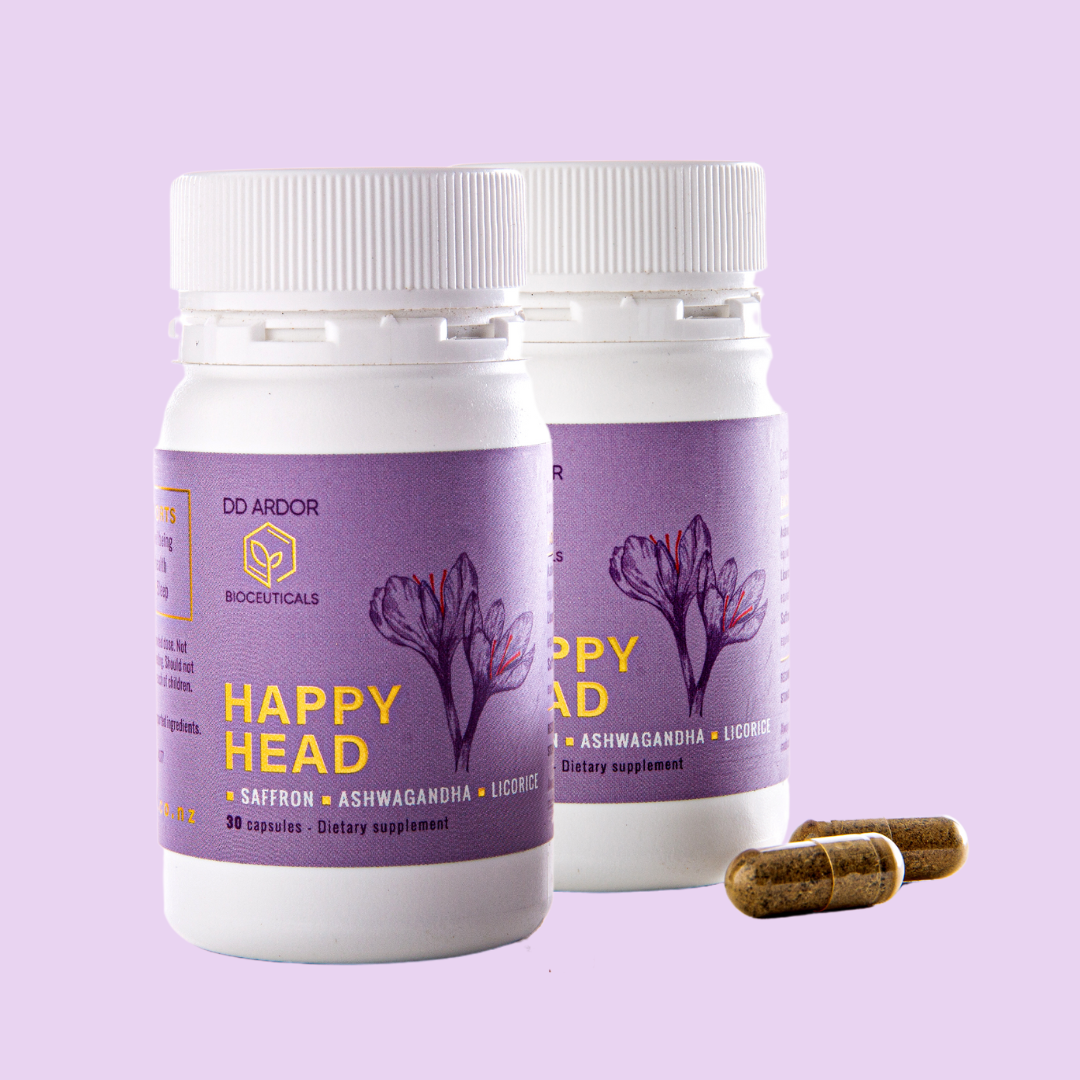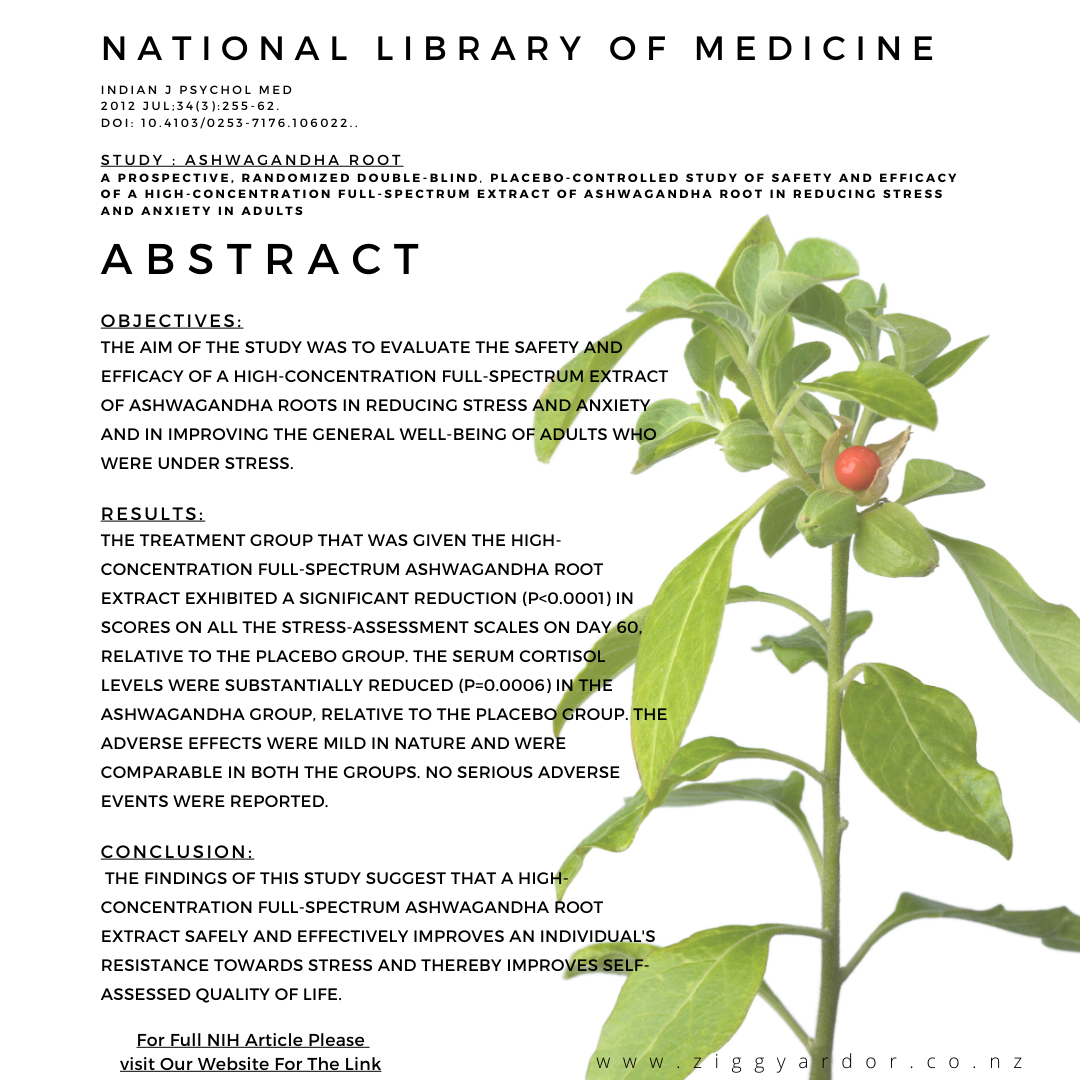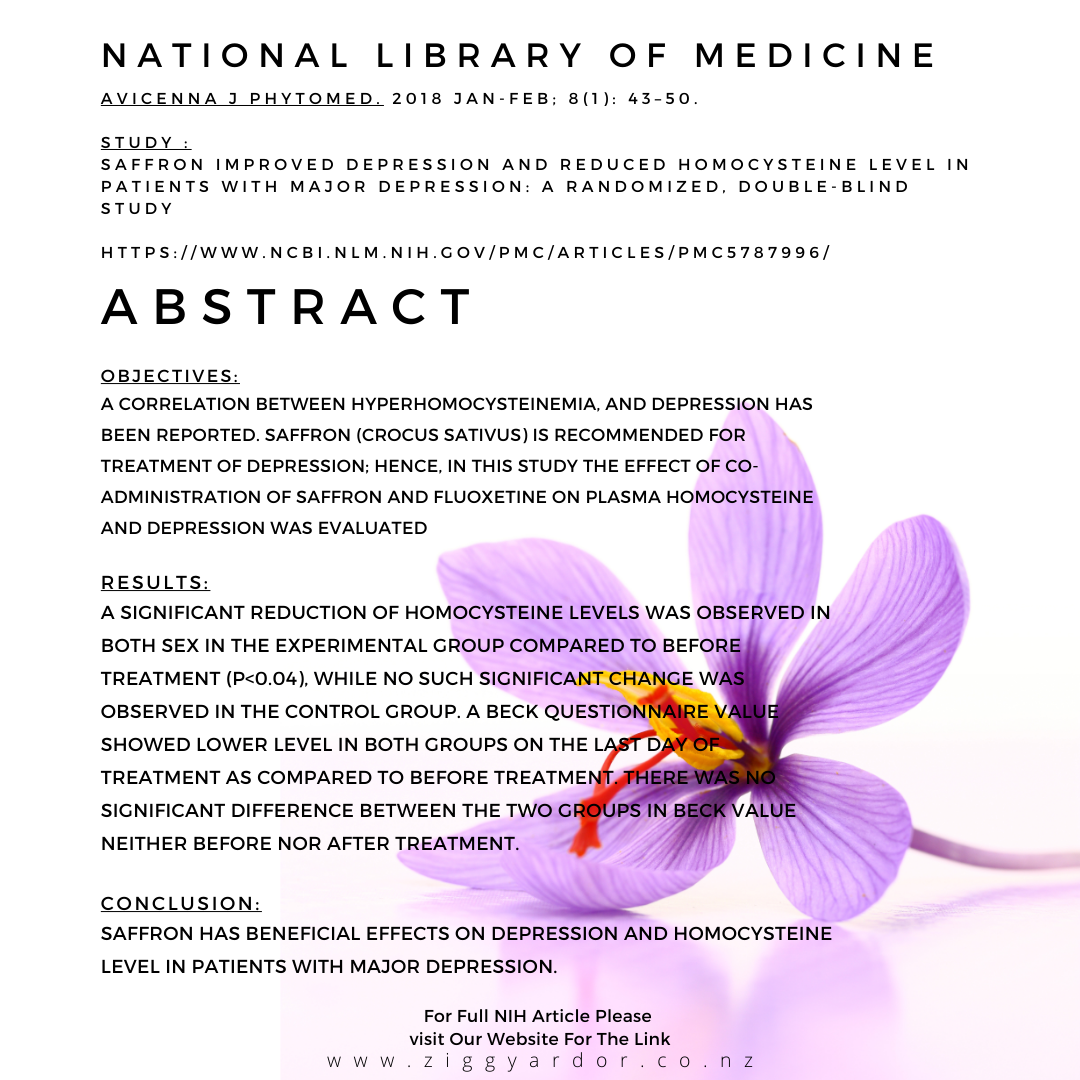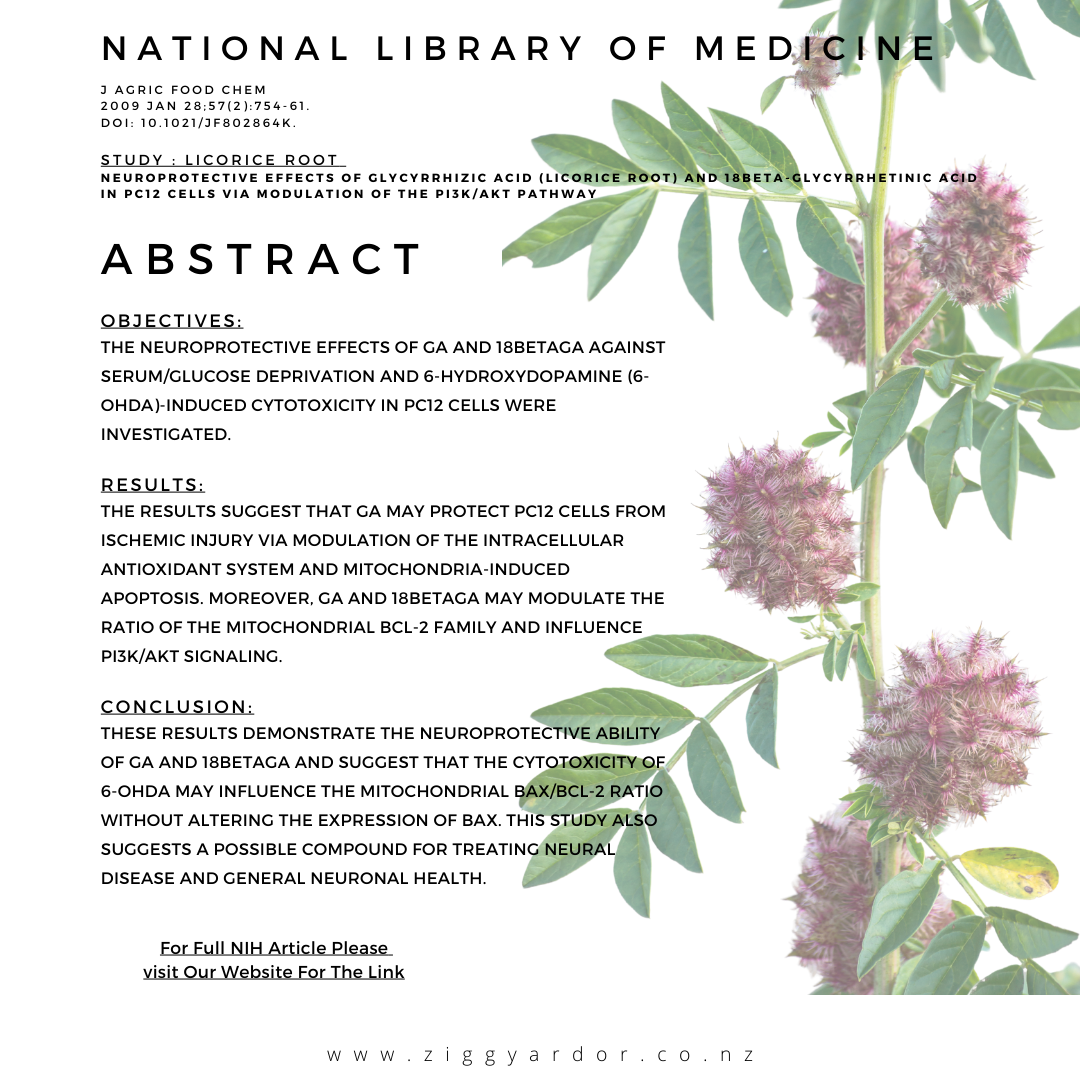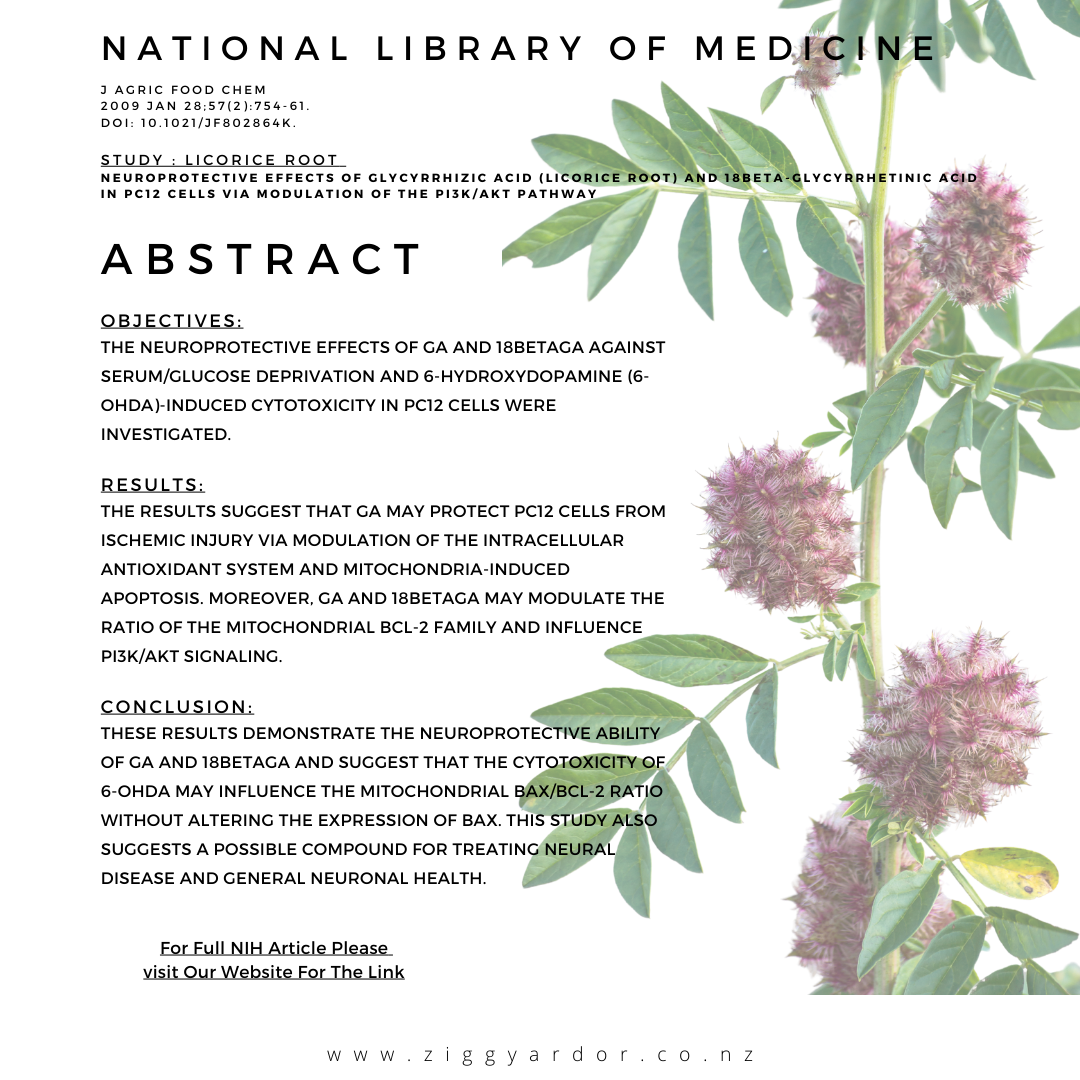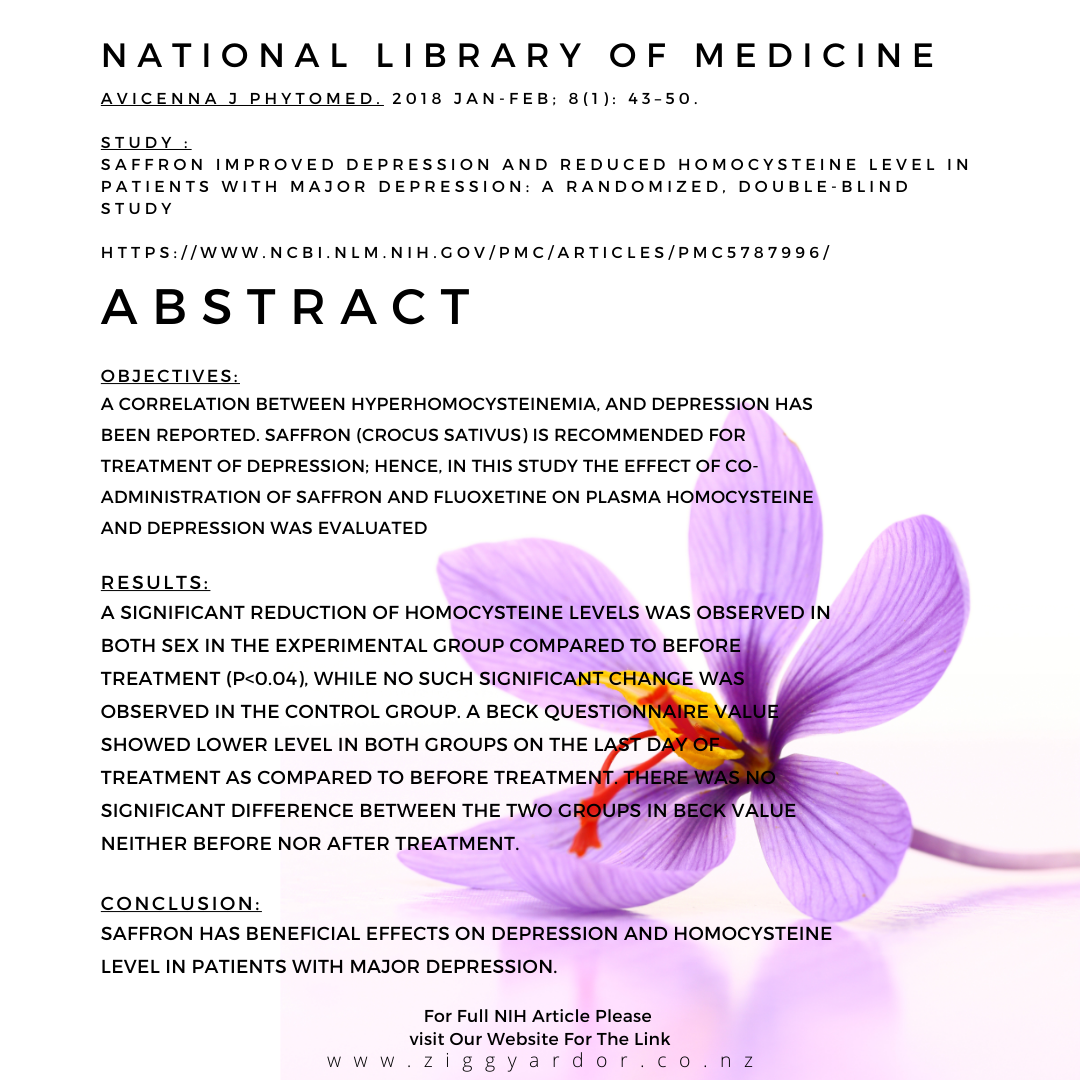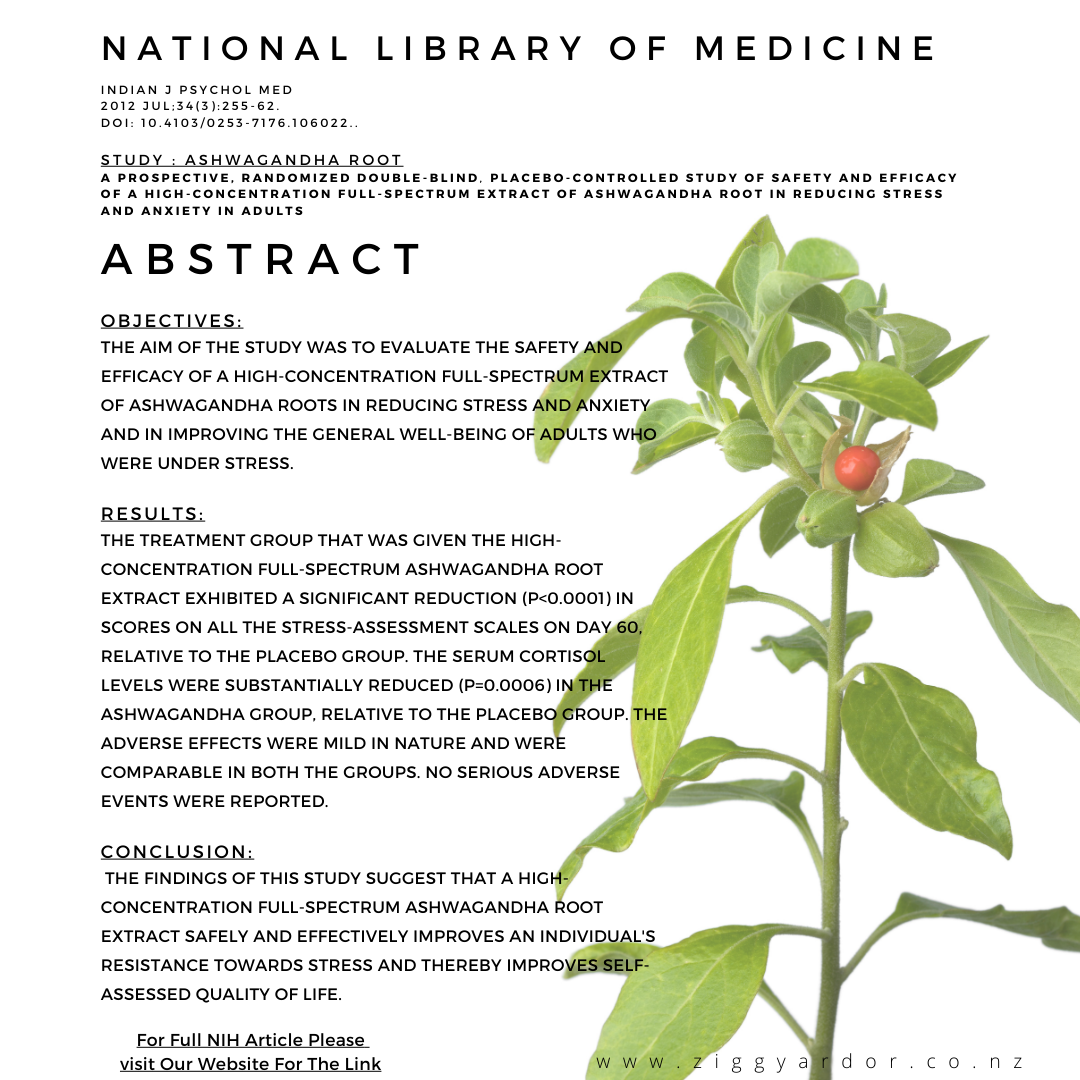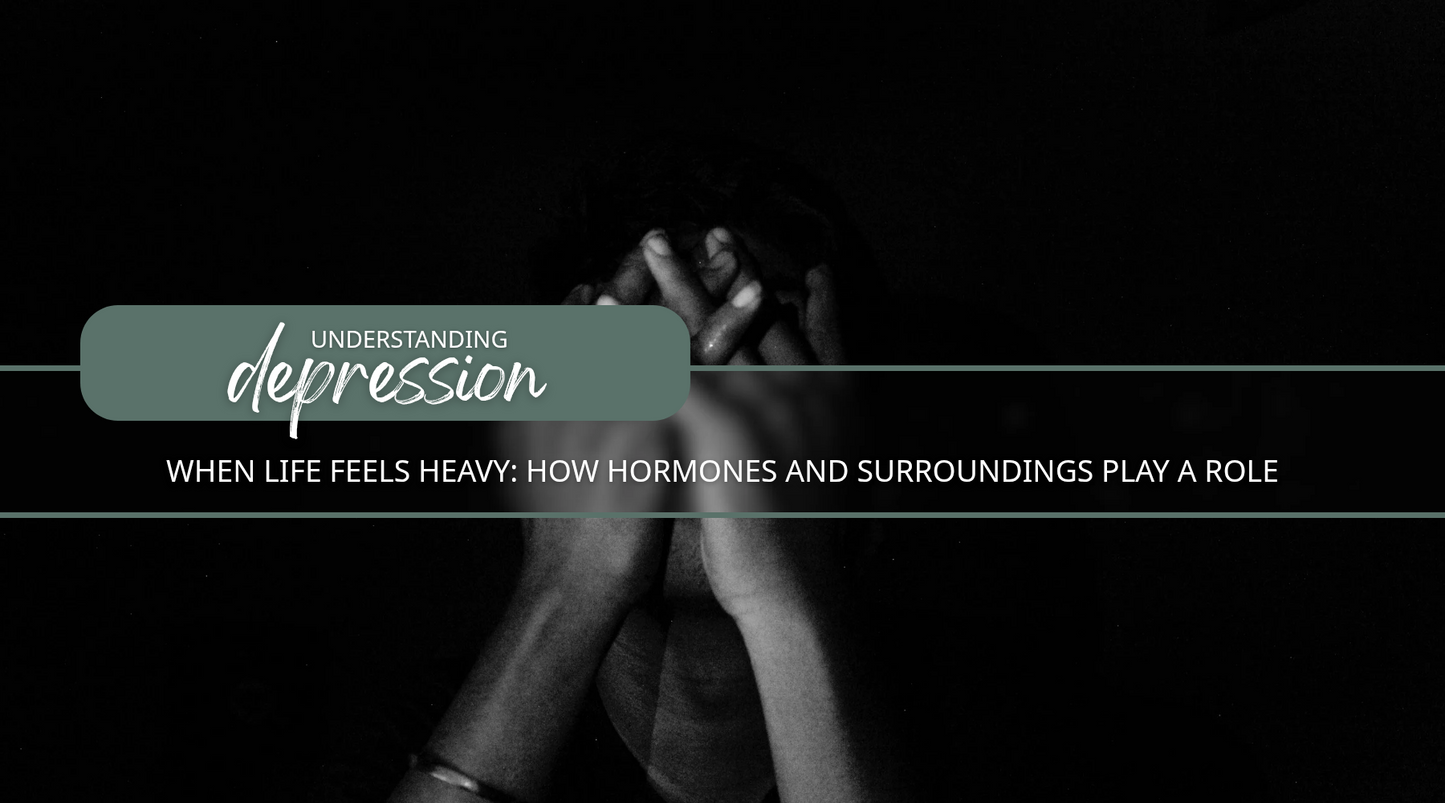
Depression is a complex mental health condition influenced by a combination of genetic, biological, environmental, and psychological factors. Addressing both the environmental stressors and biological imbalances is crucial for effective treatment and management. While no single hormone is solely responsible for depression, several play significant roles in its development and severity.
Key Hormones:
Serotonin: Known as the "feel-good" hormone, serotonin is a neurotransmitter crucial for regulating mood, sleep, and appetite. Low levels of serotonin are often associated with depressive symptoms, including persistent sadness and loss of interest in activities.
Dopamine: This neurotransmitter is involved in the brain's reward and pleasure pathways. Imbalances in dopamine levels can lead to anhedonia, where individuals experience a diminished ability to experience pleasure, a hallmark of depression.
Norepinephrine: Both a neurotransmitter and hormone, norepinephrine plays a key role in the body's "fight or flight" response and influences mood. Low levels of norepinephrine can contribute to feelings of fatigue and depressive symptoms.
Cortisol: Referred to as the "stress hormone," cortisol is released by the adrenal glands in response to stress. Chronic elevation of cortisol levels can impair brain function and mood regulation, potentially contributing to the development of depression.
Thyroid Hormones (T3 and T4): These hormones, produced by the thyroid gland, regulate metabolism and energy levels. Hypothyroidism, characterized by low thyroid hormone levels, can lead to symptoms such as depression, fatigue, and cognitive impairment.
Estrogen and Progesterone: Hormones that fluctuate significantly during the menstrual cycle, pregnancy, postpartum period, and menopause. Imbalances in estrogen and progesterone levels can contribute to mood swings and depressive symptoms, particularly in women.
Testosterone: Though typically associated with male characteristics, testosterone also plays a role in mood regulation. Low testosterone levels in men can manifest as symptoms of depression, including fatigue and irritability.
Oxytocin: Often called the "love hormone," oxytocin is involved in social bonding and emotional regulation. Imbalances in oxytocin levels may impact mood and contribute to feelings of depression.
Environmental Factors
Environmental factors play a significant role in triggering and exacerbating depression. Stressful life events such as loss of a loved one, financial difficulties, or job insecurity can overwhelm coping mechanisms and lead to depressive episodes. Social isolation, lack of supportive relationships, and a stressful work environment can also contribute to feelings of loneliness and hopelessness. Additionally, exposure to chronic stressors like ongoing interpersonal conflicts or traumatic experiences can disrupt hormonal balance and neurotransmitter function, further influencing the onset and severity of depression.
Common Environmental Factors Contributing to Depression:
- Stressful life events (e.g., loss, financial strain)
- Social isolation and lack of social support
- Difficulties in relationships
- Job-related stress and dissatisfaction
- Exposure to trauma or abuse
Addressing Depression Holistically
Depression often results from a mix of genetic, biological, environmental, and psychological factors. It's essential to address both environmental stressors and biological imbalances to effectively treat and manage the condition.
Tips to Address Depression Caused by Environmental Factors:
-
Build a Support Network: Surround yourself with supportive friends and family members who can provide emotional encouragement and assistance during difficult times.
-
Identify Environmental Triggers: Recognize specific stressors contributing to your depression, such as work-related stress or challenging living conditions. Taking steps to minimize or manage these triggers can alleviate symptoms.
-
Create a Positive Environment: Design your living space to promote relaxation and positivity. Consider incorporating elements like plants, natural light, and comfortable furnishings to create a calming atmosphere.
Tips to Address Depression from Hormonal Imbalances:
-
Natural Supplements: Explore natural supplements derived from plants, which the human body absorbs effectively. These supplements can support hormonal balance and overall mental health.
-
Regular Exercise: Engage in regular physical activity such as walking, jogging, or swimming. Exercise boosts the production of serotonin and endorphins, promoting a positive mood and reducing symptoms of depression.
-
Maintain a Balanced Diet: Consume a nutritious diet rich in fruits, vegetables, whole grains, lean proteins, and healthy fats. These foods provide essential nutrients that support hormonal balance and overall mental well-being.
By addressing both the environmental stressors and biological factors contributing to depression, individuals can take significant steps toward managing their symptoms and improving their quality of life. Seeking professional guidance from healthcare providers or mental health professionals is essential for personalized treatment plans and support.


